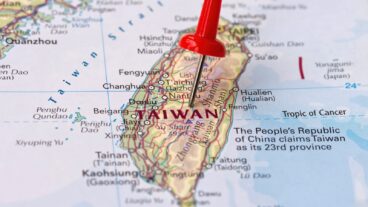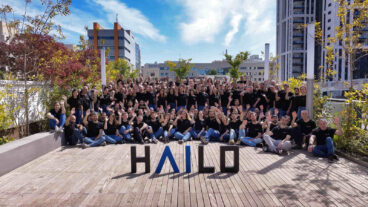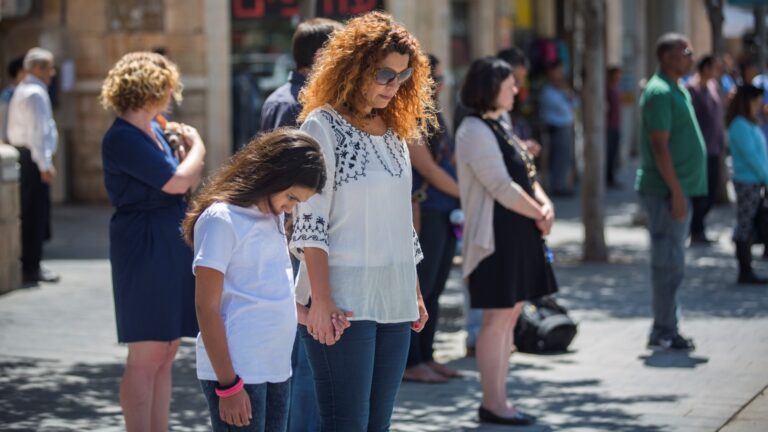SayVU, a new app that allows a user to send a distress signal to a hotline in an emergency even if a phone is locked, is being used at the Rio Olympics as part of the security initiatives. The app got its start as a student project at Ben-Gurion University of the Negev.
SayVU allows users to send a message by shaking the smartphone, pushing outside the lock screen, hitting the selfie button or even speaking to the phone.
The technology includes the option to automatically turn on the phone’s microphone and send a recorded voice, GPS and other locating information to an emergency hotline.
“We have established a hotline at the 2016 Rio Olympics,” says SayVu Chief Executive Officer Amotz Koskas. “The Olympics is a central platform to reveal our unique technology to the world.”
SayVU was chosen by ISDS, the Israeli company responsible for securing the Olympics.
The app uses patent pending machine learning techniques to determine the user’s patterns and checks when it senses abnormalities. If there is no reply, the app sends out a distress message independently.
The technology was conceived and developed in the wake of the kidnapping and murder of three Israeli youths in 2014. One of them managed to call and report the kidnapping but the police did not immediately respond because they thought it was a prank call. At the time, Koskas, an MBA student at BGU’s Guilford Glazer Faculty of Business and Management, wondered if there was a technological means to prevent similar instances in future.
The new technology tries to meet two main needs: to give citizens the tools to send out a distress message and location quickly in an emergency, and simultaneously, to enable the authorities to get a clear, real-time situation report.
SayVu says it has embarked on a $2 million funding round and is developing strategic partnerships in the US, China, Europe and Africa.
The company was also just awarded a $1 million grant from the US-Israeli BIRD Foundation funded by Israel’s Public Security Ministry and the US Department of Homeland Security. The funding is for a project to provide orientation within buildings and non-failure communications under extreme conditions to first responders such as police, firefighters, and emergency medicine personnel.














